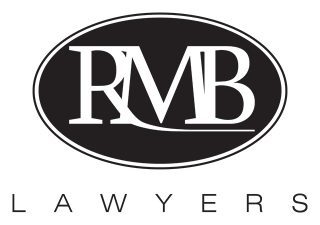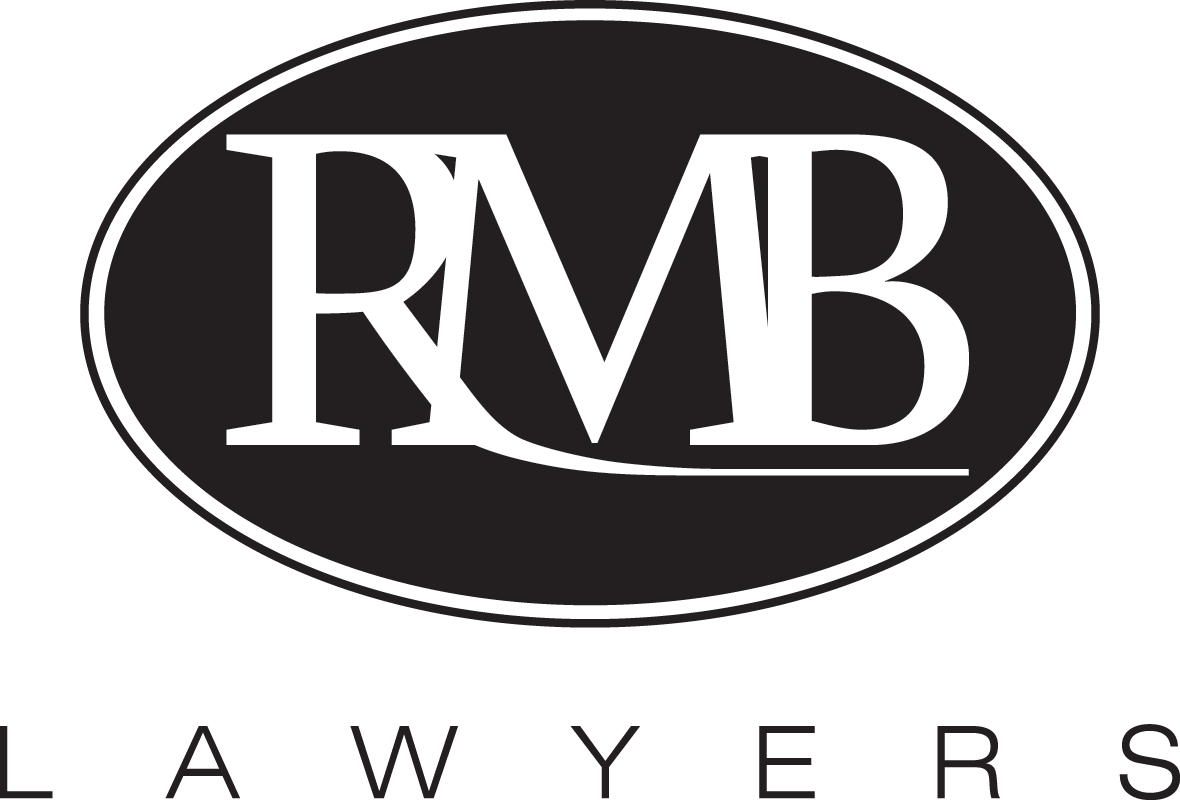I still find many people reluctant to give a Power of Attorney with fears the person they appoint will do the wrong thing and rip them off. Appointing someone as your attorney, particularly in those later years, can be such an important choice as many of us can need assistance managing our affairs in that time. The problem is many have heard the horror stories of past or do not have someone they feel they can trust and need to be advised of the safe guards in place. The law dealing with Powers of Attorney was updated in 2004 from old legislation under the Conveyancing Act. Since that time it has continually been updated, which is the legislator’s attempt to make them as secure as possible. They are powerful documents, giving the person you appoint as your attorney the right,unless you put limitations on, to basically do whatever you can lawfully do yourself. They can buy and sell property, operate bank accounts and deal with any person, organisation or government body on your behalf. While the original documents of old were a simple one page affair the current format,required to be in substantially the same wording as contained in the Schedule to the legislation, is seven or eight pages. One client I saw on executing the document commented the amount of initials and signatures required was like buying a used car. The format contains choices required to be selected, deleted or acknowledged so the document is clear on what the Principal (the person making the appointment) intended to be the case on reading it. The most recent changes to the format occurred in 2014 when the acknowledgement required to be signed by the person/s being appointed as the attorney was expanded. While previously considered to be a matter of commonsense the format now sets out the attorneys obligations clearly. An attorney must now acknowledged that they must always act in the principal’s best interests, keep their own money and property separate from the principal’s money and property, keep reasonable accounts and records of the principal’s money and property, unless expressly authorised, they cannot gain a benefit from being an attorney and must act honestly in all matters concerning the principal’s legal and financial affairs. There have been Supreme Court cases forcing attorney’s to account for what they have done, in several cases by Executors of an Estate. A Power of Attorney is intended for you to have someone assist you in your time of need, not for an attorney to help themselves. Give Johnston Tobin Solicitors a call if you want to make sure your Power of Attorney is up to date and correct.
JOHNSTON TOBIN SOLICITORS is now part of RMB Lawyers!

Johnston Tobin Solicitors is proud to be a part of RMB Lawyers from 1 July 2021.
You can find more information on their site at www.rmblawyers.com.au

